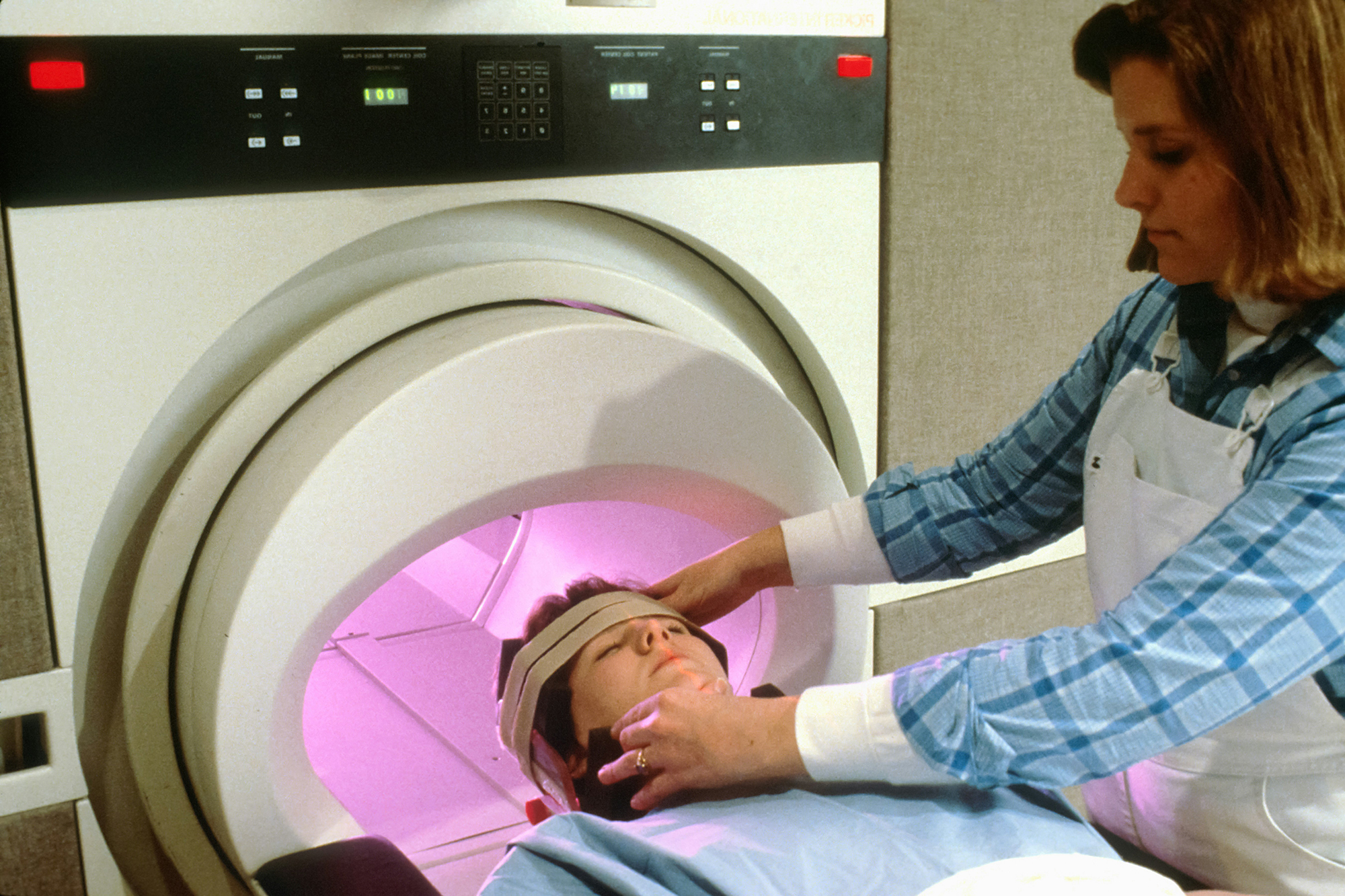
Bachelor of Medical Imaging Technology (BMIT) Program
Course Objective:
The objective of the Bachelor of Medical Imaging Technology (BMIT) program is to train students to become skilled healthcare professionals capable of producing high-quality medical images for diagnostic and therapeutic purposes. The program aims to provide students with comprehensive theoretical knowledge, practical skills, and clinical experience in various medical imaging modalities, including radiography, computed tomography (CT), magnetic resonance imaging (MRI), ultrasound, and nuclear medicine. Through a combination of coursework, laboratory sessions, clinical rotations, and internships, students will develop the expertise necessary to operate imaging equipment safely and accurately, interpret medical images, and collaborate with healthcare teams to provide optimal patient care.
Learning Outcomes:
Upon completion of the BMIT program, students will be able to:
- Understand the fundamental principles and physics of medical imaging modalities, including X-ray, CT, MRI, ultrasound, and nuclear medicine.
- Operate and maintain medical imaging equipment and instrumentation safely, adhering to radiation safety guidelines and quality assurance protocols.
- Position patients correctly and effectively to obtain high-quality medical images, ensuring patient comfort and safety during the imaging procedure.
- Apply knowledge of anatomy, physiology, and pathology to interpret medical images accurately and identify abnormalities or anomalies for diagnosis and treatment planning.
- Collaborate with radiologists, physicians, and other healthcare professionals to provide accurate and timely imaging services and support patient care.
- Communicate effectively with patients to explain imaging procedures, address concerns, and ensure cooperation and compliance.
- Utilize imaging software and technology to process, analyze, and archive medical images, maintaining patient records and data confidentiality.
- Demonstrate professionalism and ethical conduct in all aspects of medical imaging practice, respecting patient rights, privacy, and dignity.
- Continuously update their knowledge and skills through lifelong learning, professional development activities, and participation in relevant professional organizations.
- Demonstrate cultural competence and sensitivity in providing imaging services to diverse patient populations, respecting cultural beliefs and practices.
Career Scope:
Graduates of the BMIT program can pursue diverse career opportunities in hospitals, diagnostic imaging centers, outpatient clinics, physician offices, research laboratories, and healthcare agencies. Some potential career roles include:
- Radiologic Technologist
- CT Technologist
- MRI Technologist
- Ultrasound Technologist
- Nuclear Medicine Technologist
- Mammography Technologist
- Fluoroscopy Technologist
- Interventional Radiology Technologist
- PACS Administrator
- Clinical Educator/Instructor in Medical Imaging
Additionally, graduates may choose to pursue specialized certifications, such as Registered Radiologic Technologist (RRT) or Certified MRI Technologist (MRIT), to enhance their credentials and career prospects. The demand for qualified medical imaging technologists is expected to grow due to the increasing aging population, advances in medical imaging technology, and the expansion of healthcare services, ensuring abundant career opportunities and potential for advancement in the field of medical imaging technology.

